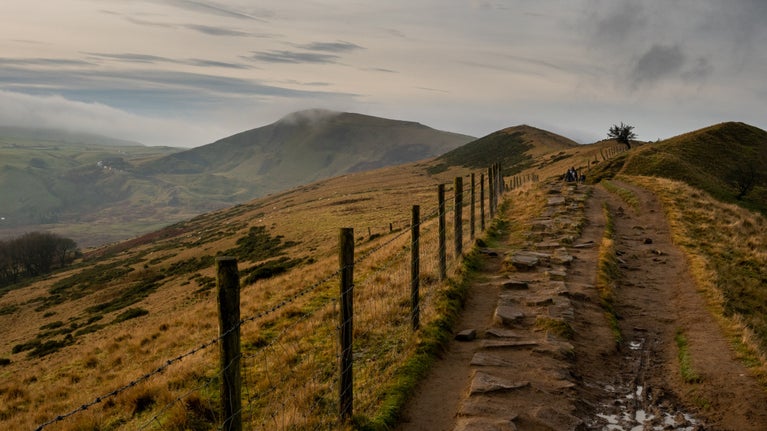
Flying drones at our places

As a landowner, the National Trust does not permit unauthorised drone operation on its land and or properties.
Drone flying by members or by the general public
The National Trust does not usually authorise personal drone flying on its land and or properties in order to preserve the special nature of these places.
In accordance with the UK CAA (Civil Aviation Authority) Drone Code 2024, which states that byelaws can restrict drone flight, the National Trust Byelaws, constituted by Acts of Parliament, clearly express that an unauthorised person shall not operate an airborne vehicle or machine over National Trust property.
In addition, any unauthorised use of a drone (either flown ‘over’ or ‘from’ relevant land) may constitute a trespass, nuisance or harassment depending on how it is flown and the impact of the use. These are civil claims which landowners, including the National Trust or other affected parties may bring, and which fall outside the CAA (Civil Aviation Authority) guidance.
There are also additional practical reasons why we do not usually authorise personal drone flying on or over our land and properties:
- We have an obligation and liability to maintain a safe environment at our places, and it is not practicable for the National Trust to verify legal and compliant personal drone use on or above land that we care for.
- Many of our places have wildlife or farm animals which are sensitive to disturbance and could be alarmed or stressed by the presence of drones, especially at breeding times.
- Our visitors value peace and tranquillity at our heritage and countryside locations, and the use of drones can impinge on their quiet enjoyment of the places in our care.
- Drones should not be flown over crowds of people, which is difficult to adhere to when a place is open to the public.
- Many of our places are the homes of our tenants or historic families and drone use could cause an infringement of their privacy.
- If a drone causes damage or harm to people or our historic buildings, drone users may not have the correct insurances to provide adequate compensation.
- Most drones have cameras attached, the use of which could contravene National Trust rules on commercial photography and filming which we apply to protect the privacy of our visitors.
- Restrictions may be imposed for security purposes.
Drone operation by contractors and commercial filming is covered under separate policies below.
Flying by contractors
The National Trust does regularly make use of drones for survey, and inspection, for example wildlife surveys or roof inspections. Such work is commissioned in response to a specific need and undertaken for us by carefully selected professional contractors. In these circumstances we can check the competence, qualification, and certification of the contractor, stipulate appropriate levels of insurance, and set up appropriate conditions and controls on work to ensure public safety, resident privacy and avoid disturbance to wildlife.
We do not respond to cold calling from contractors seeking to sell drone related services.
Commercial Filming
We may grant permission for drone-related commercial filming in certain circumstances. In general terms the production company must follow the same competency and insurance rules as those required for contractors. In addition, the filming must be commercial in nature and agreed with our Filming and Locations Office. A location fee and a drone processing fee will apply.
Contractually the footage can only be used for the named project and further use including image libraries is prohibited.
We will not grant permission to fly for amateur or student filming or approve requests from any fliers who seek permission in return for access and use of the footage obtained.
To find out more about filming at our places, please visit our filming locations page.

You might also be interested in

Follow the Countryside Code
Help to look after National Trust places by observing a few simple guidelines during your visit and following the Countryside Code.